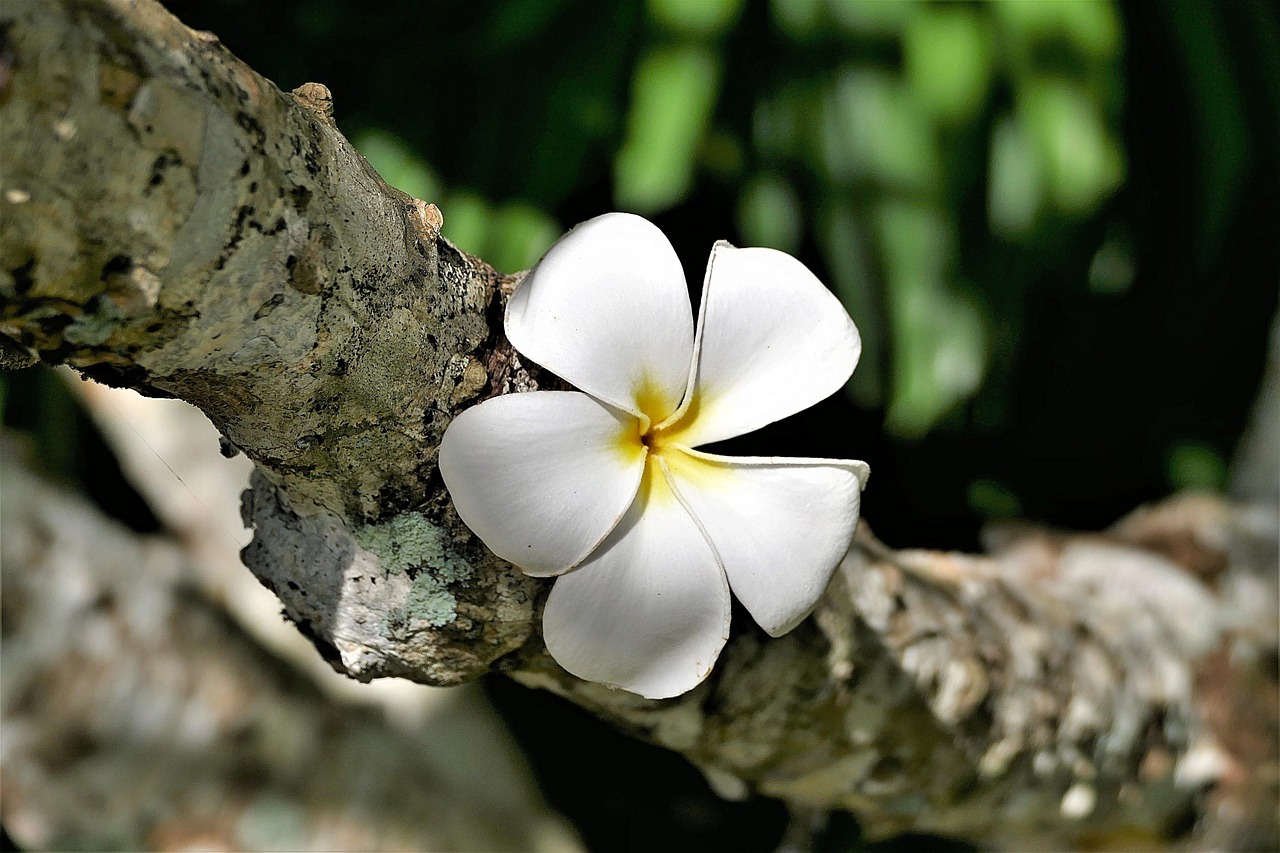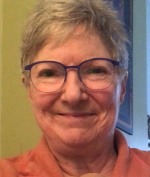I was part of an engaging conversation recently about “collapse!” In the midst of a climate catastrophe will the planet survive? Will the human species survive? Will I survive? Of course my own survival depends totally on the other two making it! And if there is a total collapse of civilization as we know it, will a “remnant” survive to begin the human project anew? If so will we be smart enough to know that we can’t go it alone as a species? Apparently 46% of Canadian young people think the situation cannot be fixed; that is a lot of desperate, cynical energy flooding the universe! So I am thinking about hope and how real it is, or isn’t…
I am leaning into the soul-life of two spiritual teachers for a response to my questing. Dr. Cynthia Bourgeault, Anglican priest, spiritual teacher and centering prayer practitioner, encourages us to surrender to the God of mercy, not the god of outcomes; here she leans into the mystical (read: experiential) virtue of hope as God’s ever-present mercy in real time, whatever that time entails. Our contemplative task is to become attuned to the reverberations of mercy in everyday life in order to see anew and act accordingly, to not lose faith with the many times our hearts have been awakened to God’s constant accompaniment and guidance. Mercy is not a quality of God, but God’s very Self. Thomas Merton spoke of God as Mercy, within Mercy, within Mercy! Mercy, like God, is sensate, very real, very powerful and very hopeful.
My second teacher is Fr. Thomas Berry, Passionist priest, environmental theologian, man of hope. He closes his book “Evening Thoughts – Reflecting on Earth as Sacred Community” with these words:
As a final reflection, I would suggest that we see these early years of the twenty-first century as the period when we discover the great community of Earth, a comprehensive community of all the living and nonliving components of the planet. We are just discovering that the human project is itself a component of the Earth project, that our intimacy with Earth is our way to intimacy with each other. Such are the foundations of our journey into the future.¹
So in this time of fear and collapse there is also this evolutionary movement towards integrity and wholeness, but not solely as a human venture. We RNDMs named it for ourselves in 2008: The RNDM Earth Community – We Are One, We Are Love. As things fall apart there is also a way in which they are coming together, the Paschal Mystery lived in our very bones as it were, but also in the “bones” of the whole Earth community. The whole Earth community hungers for intimacy and belonging; it was created so by Godde. Like Job, I ask questions that God never really seems to answer outright but by drawing me deeper into the quest, a quest full of mercy and intimacy and more than a taste of hope.
¹ Thomas Berry, Evening Thoughts – Reflecting on Earth as Sacred Community (San Francisco: Sierra Club Books, 2006), p.141.
Sandra Stewart is a member of the Sisters of Our Lady of the Missions in Winnipeg. Originally from Windsor, ON she has spent most of her religious life in Manitoba but has also served in France, Senegal and Papua New Guinea. She holds a Masters degree in Pastoral Studies from Loyola University in Chicago, majoring in spiritual accompaniment from the Institute for Spiritual Leadership.
Presently she serves as a spiritual director, a facilitator of Centering Prayer workshops, and an advocate for social and environmental justice.
Sandra currently serves on her community’s province leadership team in Canada.





A line in your reflection that leaped out at me is that our: “contemplative task is to become attuned to the reverberations of mercy in everyday life …” I just have to let myself become attuned … My new practice!!!
Just yesterday, I found myself at McNally Robinson Booksellers and there was a book titled “How to be a Climate Optimist: Blueprints for a Better World” and I couldn’t resist picking it up because I’ve been feeling the same pessimism that 46% of Canadian young people are feeling. I’ve only had a few minutes today to leaf through it and I see that it’s filled with concrete examples of positive change. Reading your piece gives me another reason to move towards optimism: “in this time of fear and collapse there is also this evolutionary movement towards integrity and wholeness.” Thank you for this!
A compelling reflection for me, Sandy; thank you for highlighting for me in a fresh and riveting way, the experience of “the Paschal Mystery lived in our very bones as it were but also in the “bones” of the whole earth community.”
Your reflection, Sandy, reminds me that the present is where “God’s ever-present mercy in real time” is to be found – a contemplative task, indeed, “alive in our very bones.” Thank you for this encouragement.
My optimism is also being nurtured these days by Elin Kelsey’s Hope Matters. Reading “Nature has an astonishing capacity for healing. Not just the kind of healing it brings to our human hearts, but the capacity of eco-systems to recover,” my hope is emboldened and my faith in Mercy refreshed.